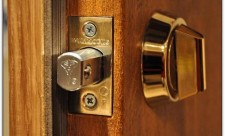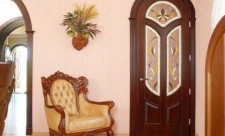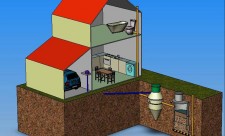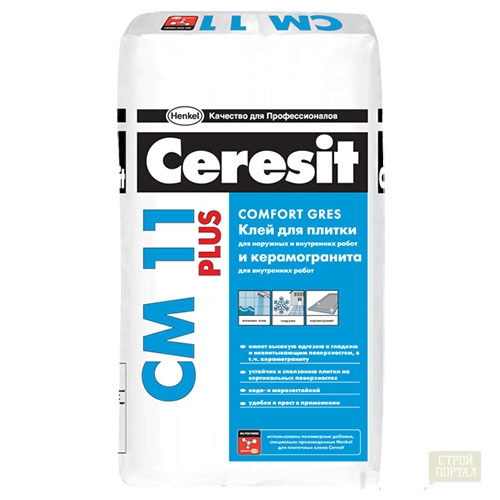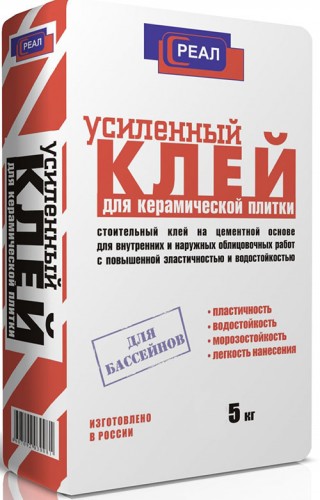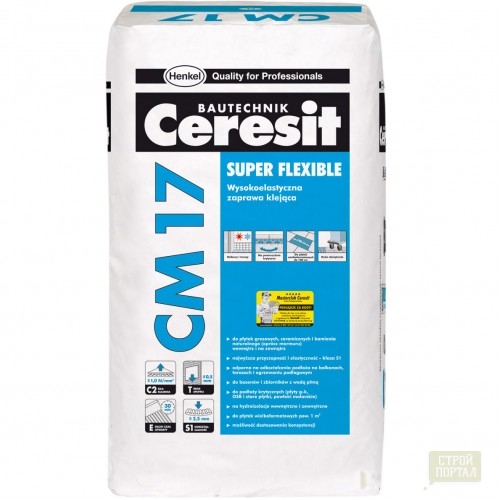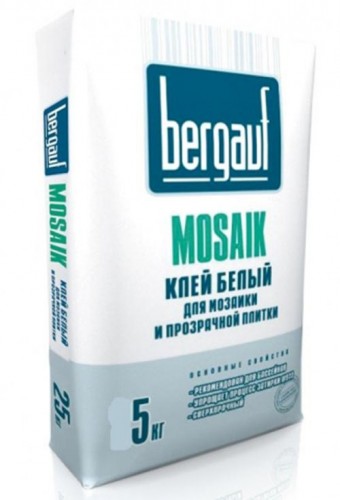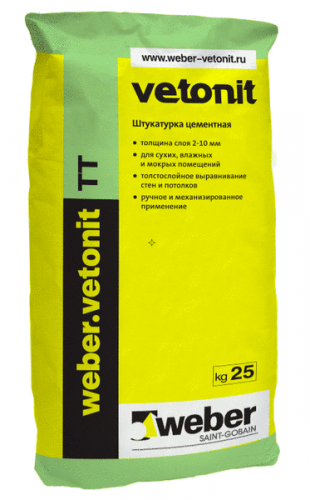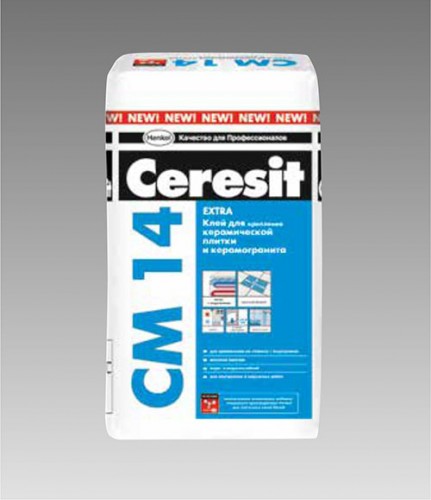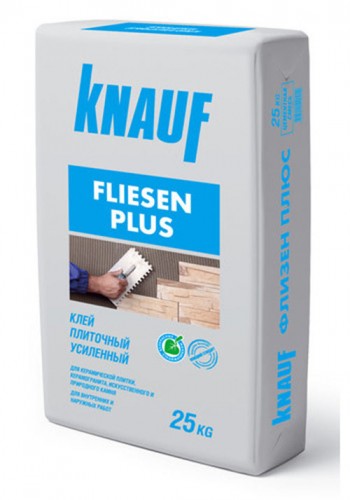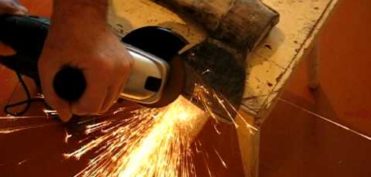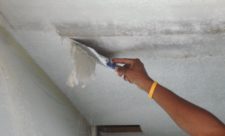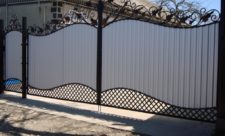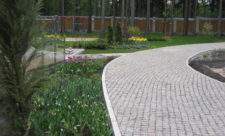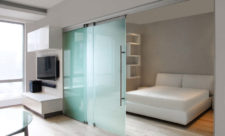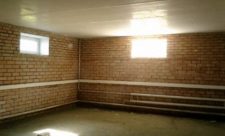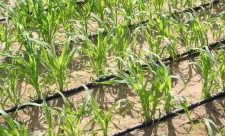
What are the types of tiled glue and their application Building materials
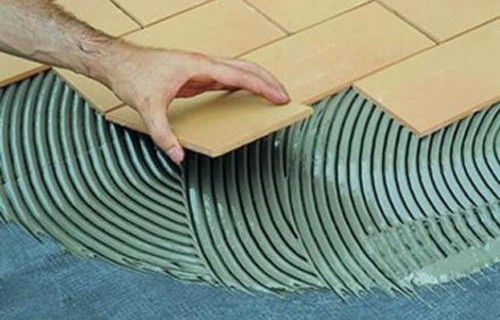
When carrying out repair work, a mass of consumables is used, including glue for tile. There was a time when making repairs, our fathers were used as glue oil paint, bustylates and other means. The development of technologies has gradually led to the emergence of special adhesive compositions on the market on different bases and intended for gluing tiles of different types.
Content
Types of glue
The range of products offered is sometimes amazing. Tile adhesives are produced both in the form of powders and in a liquid or pasty form. There are adhesives that allow you to lay the tile without preliminary surface preparation. Some on the contrary, require a pre-prepared substrate. There are adhesives that simultaneously besides their main task are performed and the grout function.
Due to the fact that the market is provided with a dozen, or even two manufacturers producing several types of glue products for tiles. An ordinary buyer who needs such a glue one - twice in life, is often confused.
There are two options: the first - follow the advice of brigadiers - finishing, which make repairs, or the second - to understand independently, and in fact, what glue is needed.
Types of glue
Universal glue
It is used for laying tiles with dimensional sizes from 100x100 to 150x300 mm. This is the most common and popular glue consumer. This glue is used for those types of repair, where there is no supercount for interior design.
Glue reinforced
Designed for laying tiles with dimensional size of 300x300 mm and more on the walls, gender. Its main difference is increased adhesion to the substrate, immunity to the effects of long constant (static) or variables (dynamic) loads. Under the influence of the tile it is understood as the constant impact of installed furniture or moving along the laid tiles of people with different weights.
Moisture-resistant glue
Designed to work in rooms with high humidity (showers, kitchens, car wash) and for laying tiles in places, where one will be constantly in contact with water, such as a swimming pool. The brands of such adhesive have waterproofing characteristics, immunity to the effects of water and its evaporation and may include additives to counteract fungus and mold.
Transparent tile glue
This glue is made on the basis of white cement and is used for laying transparent, translucent tiles, stenoblocks, mosaic.
Adhesive for external work
Its main purpose of performing work on laying tiles on outdoor elements of buildings, structures. The properties of this glue also allow it to be used for premises in which there is no heating. The composition of this glue allows you to withstand multiple freezing / defrosting cycles.
In addition to the types described above, there are some compounds having a narrow special purpose, such as tile glue for a warm floor.
Select the required glue
The process of choice can be divided into several steps. What exactly should pay attention to the purchase?
- Compliance with the provider of glue mixtures storage rules. Such products should be stored in a dry room with a positive temperature. In the event that the warehouse is raw, then the likelihood that the purchased glue has already grabbed, or read this process. Especially if the purchase is performed in open markets.
- It will not be superfluous to remember that the average term of "life" with mixtures based on cement of order of six months, after which the process of learing and grapping begins, respectively, the glue should be not older than six months.
- Manufacturer. It is no secret that many consumers when making purchases are trying to save due to the purchase of products of little-known firms. This may be fair in relation to certain types of goods, but this does not apply to adhesive mixtures. First of all, it is due to the fact that serious manufacturers, in addition to the production of the composition, conduct research work and are constantly working to improve product properties. This is as a result and affects the price. Adhesive tile, the price of which is lower than the prices of promoted brands, can be made according to outdated technologies.
- When choosing an adhesive composition, follow the type of tiles you need purchased glue. It makes no sense to use the same for walls and gender.
Exemplary composition of tile glue
As part of modern adhesives as the basis, cement is the cement to which modifying additives add. The presence of such additives allows the adhesives for both light and heavy tile species. The manufacturer notifies the applicability of glue, on the package. In addition to cement-based glue mixtures, the production of compositions is mastered, where polymer materials are used as the basis. Such mixtures are used only in the premises, unless otherwise specified by the manufacturer and additives are not introduced into their composition, ensuring their resistance and immunity of impact on temperature and moisture drops.
Main characteristics of tiled glue
- Consumption. In the accompanying documentation, the manufacturer indicates the expenditure rate of the adhesive, the time of preparation of it to work and drying time. It should be remembered that the rate of consumption is a conditional concept. To obtain good quality styling tiles, the surface requires preparation, namely plastering. Only after that the laying of tiles begins. Without such preparation, the flow rate will significantly exceed the estimated parameters specified by the manufacturer.
- Drying time. Ordinary glue dries at least within 24 hours, but the experience shows that it is better to wait another day. Manufacturers offer mixtures with a drying period for several hours.
- Defects laying. Arise in violation of technological rules. For example, the use of glue for light tiles during styling of porcelain grades or wetting in the process of laying tile water. Excessive moisture blurs the glue composition, which leads to a weakening of the adhesion of the tile and glue.
Leading tile glue manufacturers
Popular Ceresit and Knauf firms produce glue mixtures for cement-based tiles with various fillers that improve adhesion with the surface in accordance with the type, tile size, work type (external or internal) and seasonality.
- Ceresit cm 14 Extra is designed for work with tiles and porcelain stoneware. Used with internal work, as well as with external for fastening artificial stone on the walls of the building. The diluted mixture is suitable for 2 hours (after time starts to stick). Adhesion is 0.8 MPa. Adjustment is given up to 20 minutes. Contact zone withstands up to 100 cycles. Not used on deformable bases.
- KNAUF FLIESEN is designed to work with ceramic tiles, natural stone (indoors and outside), and can also be used to fix insulation materials. When mixed with an elastic additive, used on deforming coatings. The divorced mixture is suitable for 5 hours. Adhesion is 0.5 MPa. 10 minutes is given to the adjustment. Contact zone withstands up to 25 cycles.

